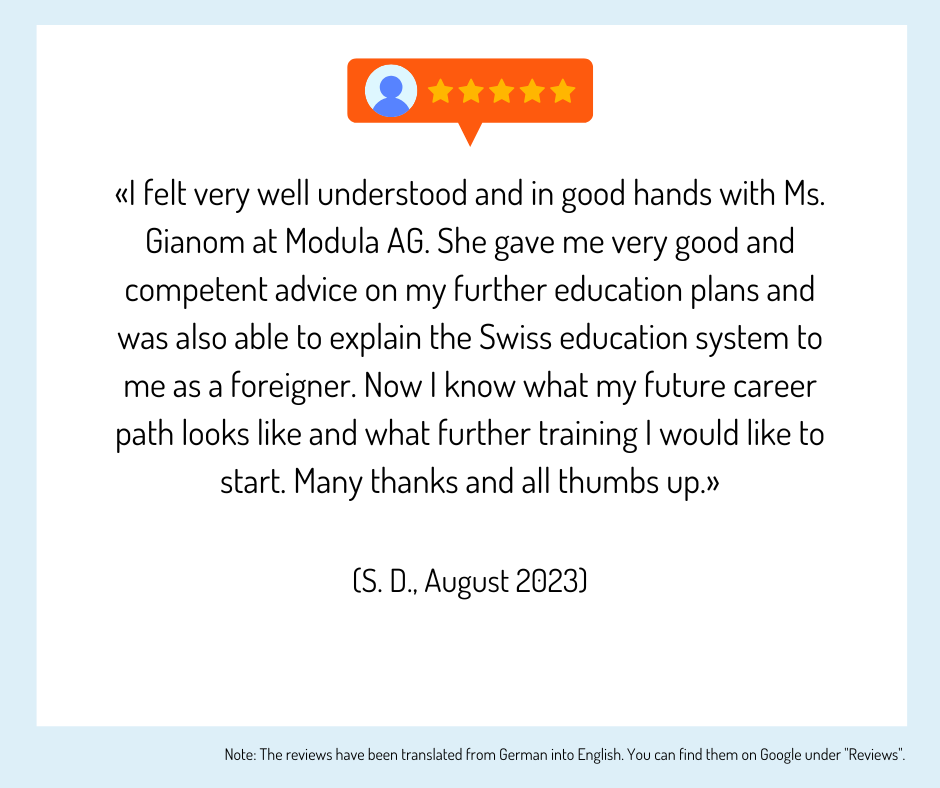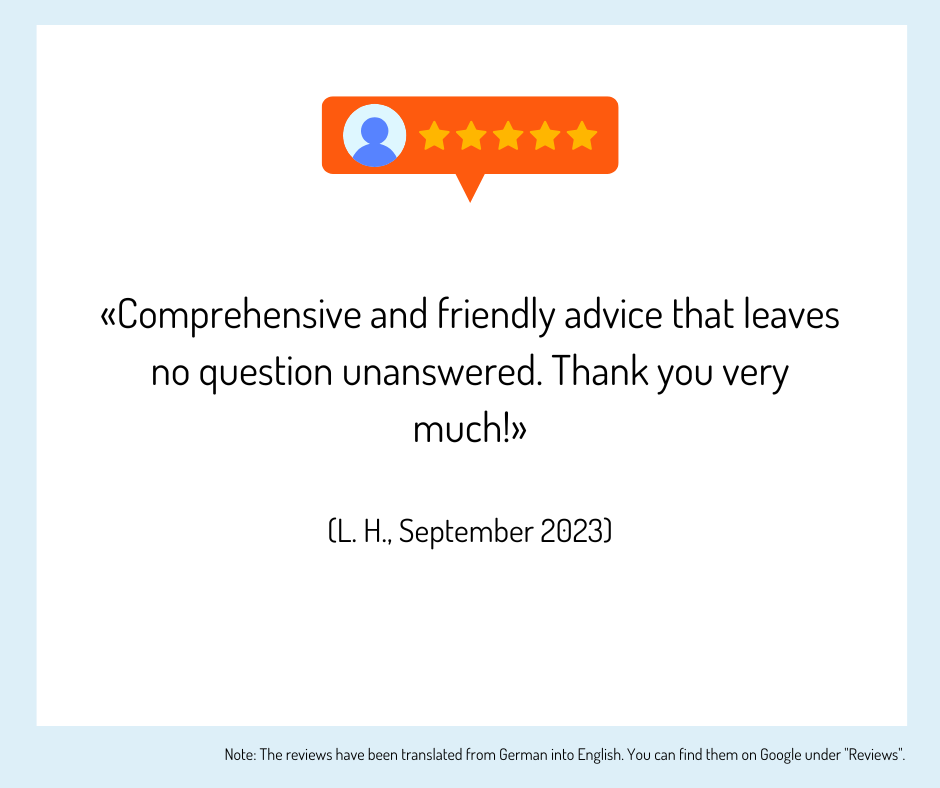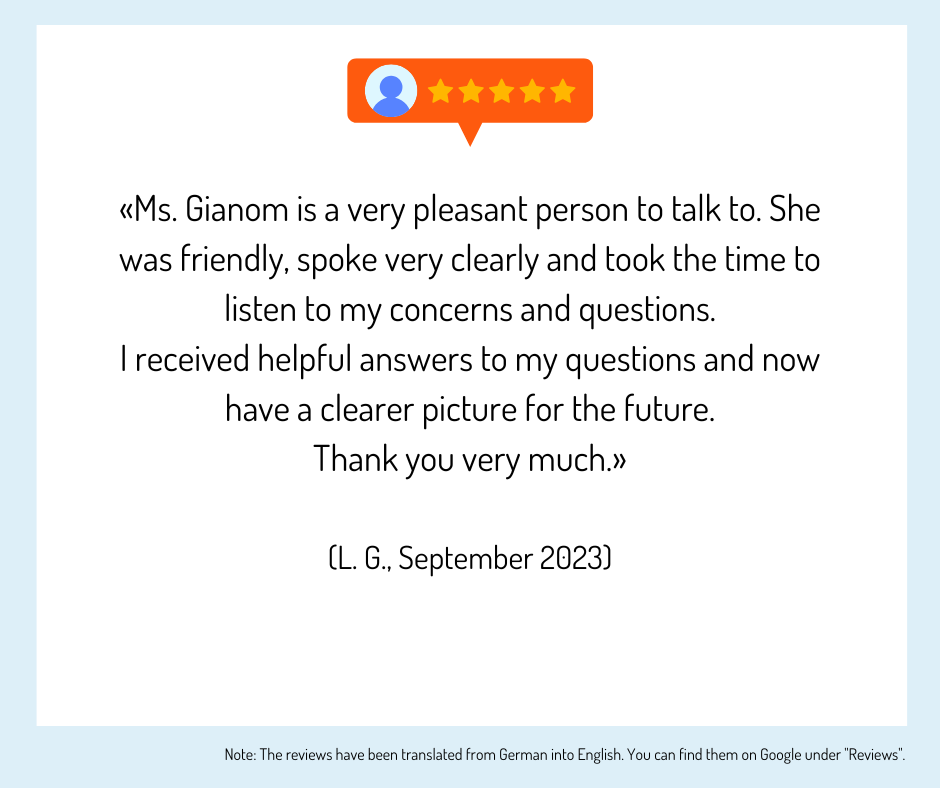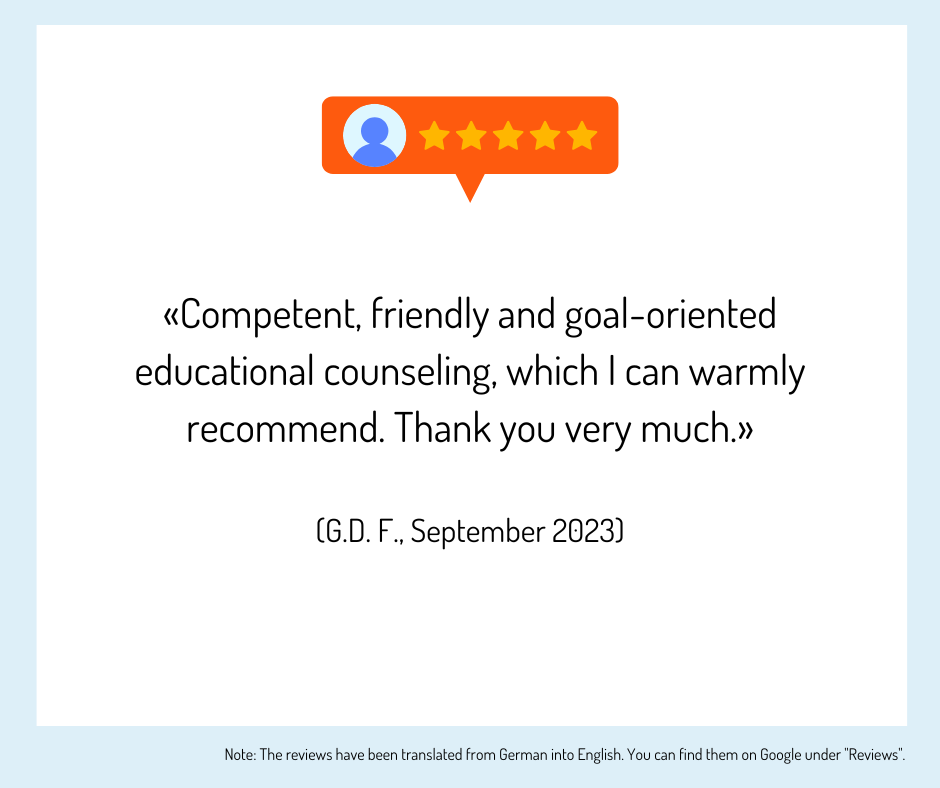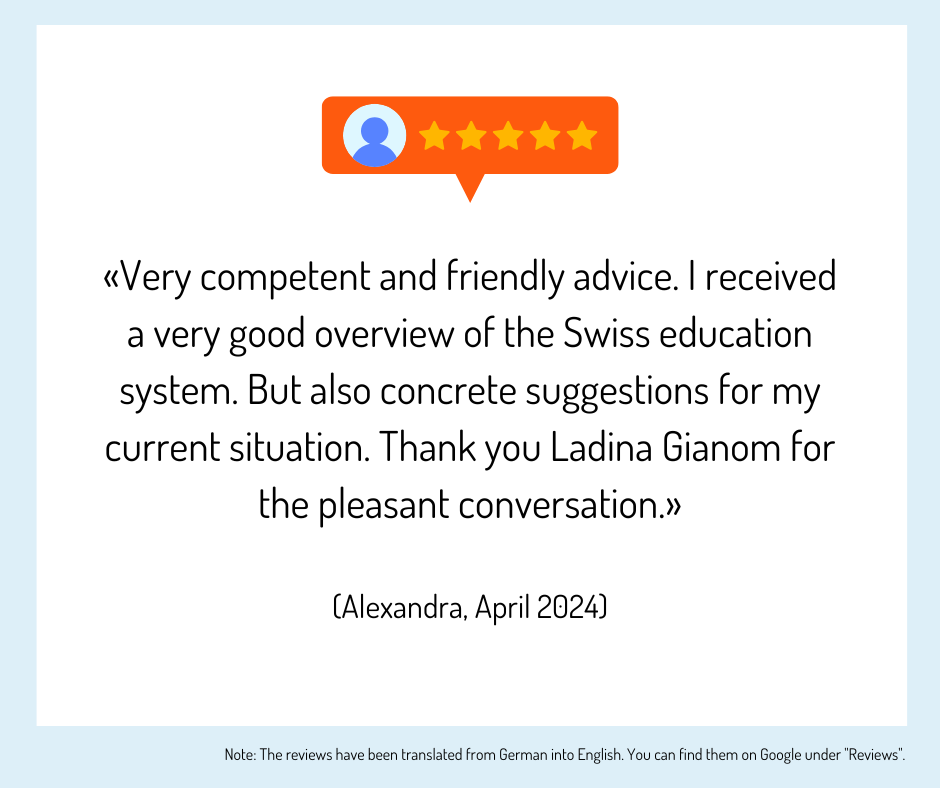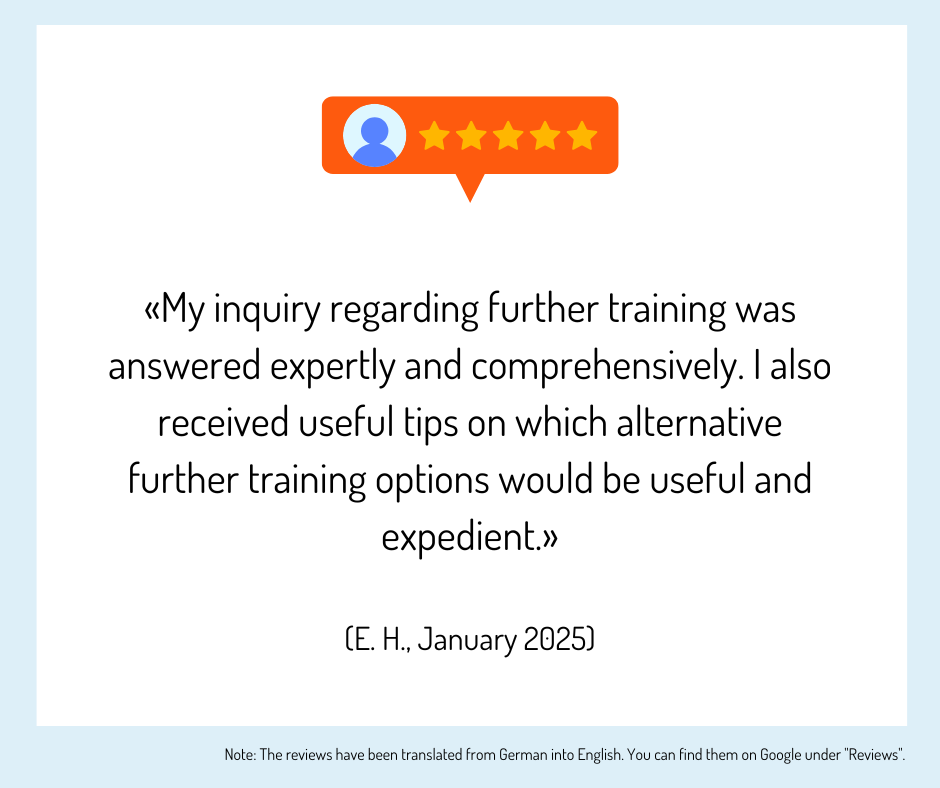Digital Building Master (FH) (Region Basel):
1 Provider
Request convenient free information on Digital building: Training, further education, overview of schools and information from the providers of your choice below now.
Sofort zur richtigen Weiterbildung
Education location / Schools Basel
Questions and answers
What are the requirements for training in digital construction?
The admission criteria for training in digital construction can vary from provider to provider.
As a rule, a Bachelor's degree is required for a consecutive Master's program, e.g. in the following areas:
- Landscape architecture
- Civil engineering
- Architecture
- Geomatics
- Facility Management
- Building technology
- Energy and environmental technology
- or related disciplines.
What is the duration of the Master in Digital Construction?
The Master's degree course in Digital Construction can generally be completed part-time or full-time. The part-time course lasts up to 6 semesters, while the full-time course lasts 3 semesters. It concludes with a Master's thesis, which is usually completed at the end of the course and comprises 30 ECTS credits.
Is it possible to remain fully employed while studying digital construction?
The Master's degree program in Digital Construction is generally designed to be completed alongside your job, but this does not necessarily mean that it is possible or advisable to continue working 100%. Depending on your working hours, you may have to reduce your workload or postpone your working hours. If you have any questions, please contact the relevant university directly.
What are the main topics in training for digital construction?
The training in digital construction deals with a wide range of topics in various modules - these can vary depending on the provider.
As a rule, the focus is on the following topics:
- Information modeling and information management: Participants learn more about the conceptual work of digital building models, deal with the exchange of information between different parties (planners, contractors, purchasers, customers, etc.) and learn more about the automation of work steps.
- Collaboration and process design: In the digital construction training course, participants are introduced to the design of processes and forms of collaboration. They will also learn about different forms of collaboration and how to apply them in a needs-based and goal-oriented manner. They also learn about the key aspects of communicating and leading interdisciplinary teams.
What can I do after training in digital construction?
Graduates of a digital construction course are able to design, implement and manage digital building models. They also play a leading role in the exchange of information between planners, clients and contractors. Furthermore, they know how to design different forms of collaboration and processes so that they can be used profitably in the digitalization of processes. They can also lead interdisciplinary teams and act and communicate accordingly within them. Finally, they are able to critically reflect on legal, economic, political and cultural framework conditions and react appropriately to them.
What do I need to consider when applying for training in digital construction?
In addition to the admission criteria, an admission procedure must also be completed, depending on the digital construction provider.
The admission criteria often relate not only to general admission to the course, but are also a condition for participating in the admission procedure. As a rule, a portfolio, letter of motivation and curriculum vitae (CV) must be submitted for the admission procedure. This is followed by an aptitude interview with the assignment of the task to be solved. This is then presented in a further aptitude assessment. The decision on admission or rejection is then communicated.
Erfahrungen, Bewertungen und Meinungen zur Ausbildung / Weiterbildung
Haven't found the right training or further education yet? Benefit from educational advice now!
Further training is not only important in order to maintain or increase professional attractiveness, investing in training or further training is still the most efficient way to increase the chances of a pay rise.
The Swiss education system offers a wide range of individual training and further education opportunities - depending on your personal level of education, professional experience and educational goals.
Choosing the right educational offer is not easy for many prospective students.
Which training and further education is the right one for my path?
Our education advisory team will guide you through the "education jungle", providing specific input and relevant background information to help you choose the right offer.
Your advantages:
You will receive
- Suggestions for suitable courses, seminars or training programs based on the information you provide in the questionnaire
- An overview of the different levels and types of education
- Information about the Swiss education system
We offer our educational counseling in the following languages on request: French, Italian, English
Register now and concretize your training plans.
